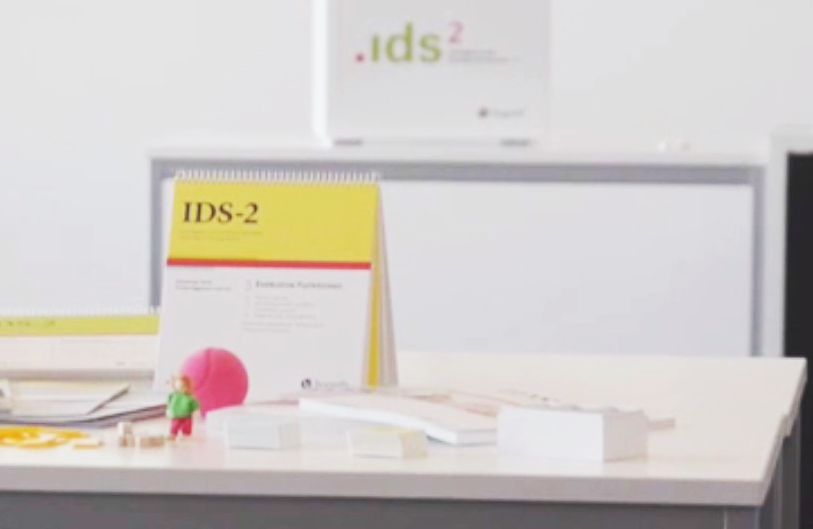
Prof. Alexander Grob
Author
Prof. Alexander Grob, Ph.D., is trained in developmental and clinical psychology. He received his academic degrees from the Universities of Fribourg and Berne in Switzerland. He has been appointed as associate professor for Developmental and Educational Psychology at the University of Bonn, Germany, and full professor for Diagnostics and Personality Psychology at the University of Bern. Since 2005, he has been a full professor and Head of Division of Personality and Developmental Psychology; Founding Director of the Master of Advanced Studies in Child and Adolescent Psychology; and Founding Director of the Graduate Programme in School Psychology, Educational Counselling and Developmental Diagnostics at the University of Basel.

Dr. Priska Hagmann-von Arx
Author
Priska Hagmann-von Arx, Ph.D., is a trained psychologist with experience in academic research as well as psychological practice. She received her Masters and Ph.D. degrees from the Universities of Berne and Basel in Switzerland. Subsequently, she was a senior researcher at the University of Basel. Her academic research interests are two-fold: the development, standardization and validation of psychometric tests and the interplay between cognition, motor development and psychophysiological functioning in children. In psychological practice, she was head of the School Services in Sursee, Switzerland, including school psychology, speech and language therapy, as well as psychomotor therapy.

International Adaptations
Authors have completed studies and published the IDS-2 for use with children and adolescents in Germany, Austria, Switzerland, The Netherlands, Poland, Italy, and the United Kingdom.
International adaptations are currently underway with research teams in additional countries: Brazil, Denmark, Finland, France, Norway, Sweden, Spain, and the United States.
All professionals participating in standardization and research with the IDS-2 can access a global repository or database, so research can continue to be conducted and reported on children’s, cognitive and developmental strengths and challenges.
In this way, we can help to inform future measures of ability and learning programs to produce favourable outcomes in development and performance.

Publications
We have compiled a list of research articles to help you understand more about the development and use of the IDS-2.

Experience IDS-2
Our team has created research papers, exhibits and presentations to help professionals understand the IDS-2.

Intelligence
The IDS-2 approach to intelligence uses the Cattell-Horn-Carroll theory. Covering verbal and abstract thinking, short and long-term memory, and visual processing and processing speed, scores can be calculated using two, seven or fourteen subtests.